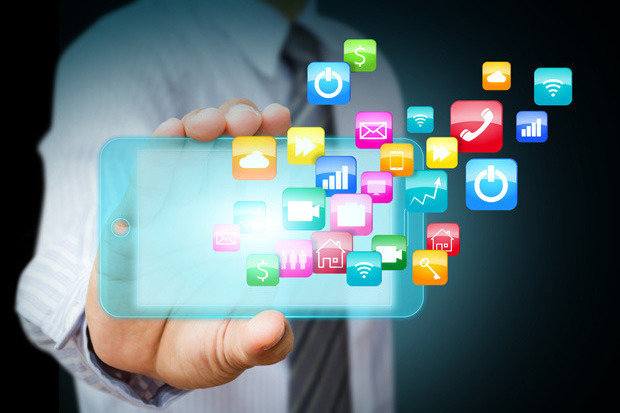Paper checks have been around for hundreds of years. But the day when a supplier misplaces a check and forgets about it for months is coming, and it is time to deposit the check. But the check could bounce depending on how much money is in the account. Paper checks still make up the bulk of B2B payments. This scenario is not uncommon, and it has occurred to most companies at one time or another. Thus, to keep up with the latest trend, you should know what are B2B payments? definition, methods, trends & companies.
ACH payments
The advent of COVID-19 changed the way people and companies operated. In 2018, 76% of small business owners had switched to digital payments for B2B payments. The process of cash deposits took far too long, and going to the bank posed a health risk, and the introduction of electronic payments simplified the transition from an analog world to a COVID-19-dominated one. Moreover, companies could reduce physical interactions and decentralize their processes and financial systems by using automated payments.
ACH payments are faster than credit or debit card transactions. They are also cheaper than paper checks. Most payment processors charge only a small flat fee per transaction, which means the more you process, the less you pay. ACH payments are ideal for high-volume B2B transactions, typical transactions that can be processed in as little as three business days. ACH payments can also be used for same-day transactions. The U.S. federal government requires a limit of $25,000 per transaction.

Peer-to-peer payment systems
Peer-to-peer payment systems are gaining popularity for processing B2B payments, as their speed and reliability are essential to a business’s growth. According to recent research, over 50% of small businesses fail within five years, and one of the most common reasons is cash flow issues. Therefore, companies can easily analyze their cash flow patterns and make wise spending decisions with peer-to-peer payment systems.
When making business-to-business payments, the buyer and seller are likely to have various teams. As a result, payment cycles are often long and involve several groups and businesses. B2B payment methods are generally classified into digital B2B payments and paper checks. The latter approach is the most convenient and secure. Typically, a B2B payment cycle runs from 30 to 90 days, with checks being issued by the buyer.
While peer-to-peer payment systems for B-2-B payments are the latest trend in business-to-business (B2B) payments, many companies are still unsure how to make the most. Fortunately, there are many ways to make these transactions as quickly and securely. In addition, several companies are leveraging their mobile capabilities and payment portals to make them more user-friendly.
Electronic funds transfer
While wire transfers are a standard method for B2B payments, they are not always the best option for every company. They can be expensive, particularly when you need to send large amounts internationally. There are fees associated with wire transfers, including bank commissions as high as 4%. Wire transfers are not appropriate for e-commerce transactions, as they require a manual process and a trip to a bank branch. Regardless of how convenient credit cards are for B2B transactions, they also have certain drawbacks.
One of the main benefits of electronic funds transfer for B2B payments is fast. B2B payments are typically more complex than other transactions, requiring more time and precision. In the past, business-to-business payments were only made through paper checks. However, today, many different electronic payment methods can be used to make these transactions. While many businesses may be hesitant to use electronic funds transfer for business-to-business transactions, it is a popular method among companies that operate in the supply chain and require large amounts of cash.
Credit card payments
Credit cards have become the norm for B2B payments, and it makes sense for them to take center stage in the U.S. marketplace. Unlike cash and checks, credit card transactions can be traced easily without hefty fees. Moreover, many credit card providers offer reward programs and low-interest rates for these purchases. In addition to their convenience, credit card payments can be a valuable tool in building your business credit.
Business-to-business payments have been evolving more slowly than consumer payments. More than six in ten consumers now make their payments electronically, and the rest use checks, which are 250 years old. While credit cards represent a relatively small percentage of the B2B payment market, they quickly gain ground. However, this growth is mainly due to the ubiquity of e-commerce and the ease of using them.


